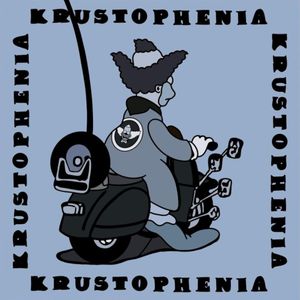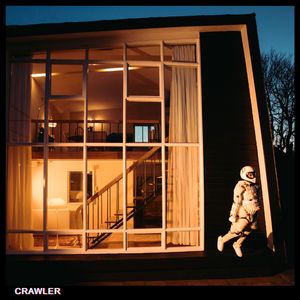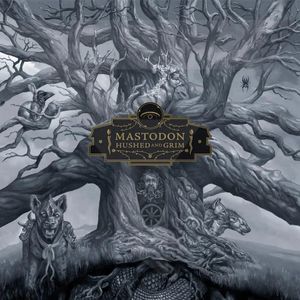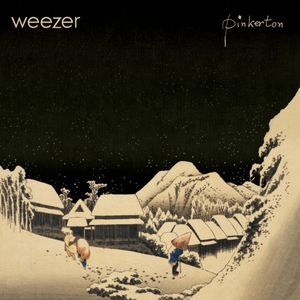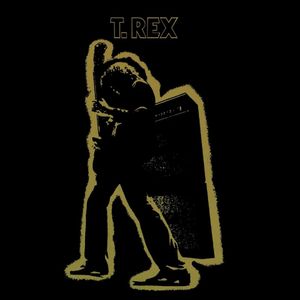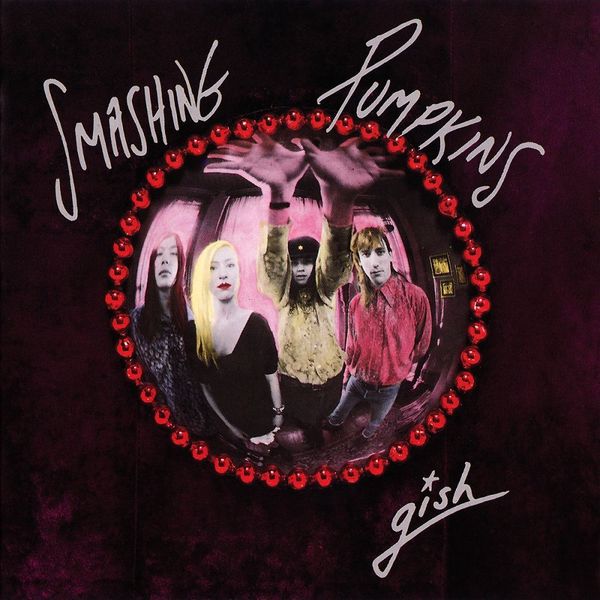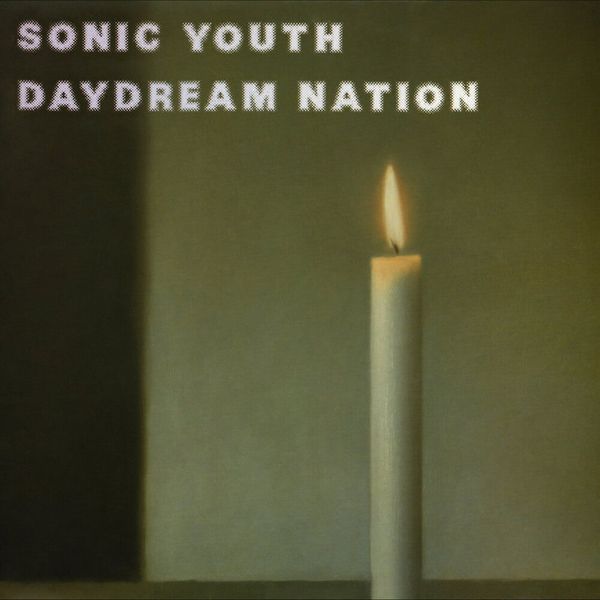Doolittle
Pixies
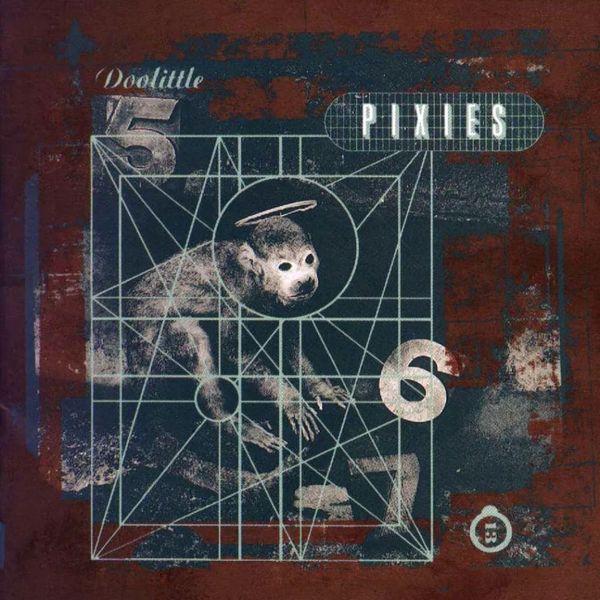

Essential Tracks
- Here Comes Your Man
Favourite Tracks
- Monkey Gone to Heaven
- Debaser
André
Say what you will about their current iteration, the Pixies have earned their status in musical history. Their vibrant brand of catchy guitar music laid the groundwork for ’90s rock, directly influencing cherished artists like Nirvana, The Smashing Pumpkins and PJ Harvey. They had a unique capacity for making irresistible rock music that revelled in musical simplicity — yet despite an overwhelming influence, their sound has proven impossible to replicate. Whilst Surfer Rosa remains a fine showcase of the abrasive nature to their sound, it’s their second studio album that continues to define them.
Doolittle balances boisterous oddness with sweet and sugary pop tunes, making it not only their most intriguing record, but also the most accessible. It breathes beauty, mystery, and humour, and nothing else sounds quite like it. Inside each song lies at least one great moment, whether it’s an infectious guitar riff, a killer vocal hook, a captivating instrumental breakdown, or Black Francis concluding that, on the basis of people being 5 and the Devil being 6, God must be 7. The surrealistic nature of Francis’ lyrics is a vital part of that distinct Pixies sound, and it continues to be absurdly enjoyable: if he’s not contemplating biblical mythology, he’s singing about the whores in his head, or barking like a dog.
There’s a quality to Doolittle that feels slightly unhinged. It opts for a scattered approach; brandishing short-but-sweet guitar tunes one after another in a manner that borders on schizophrenic, whilst remaining remarkably cohesive. Even the weaker songs are just that — weaker. There’s not a single dud on Doolittle, though there’s no question that “I Bleed” doesn’t reach the heights of what comes before and after it. Each listen is likely to spawn a new favourite; such is the quality and depth of Pixies’ songwriting. “Debaser”, “Here Comes Your Man”, “Tame” and “Monkey Gone to Heaven” have established themselves as classics, but they are certainly not the limit to Doolittle’s achievements. “Gouge Away” and “Crackity Jones” demonstrate Pixies’ vigorous energy as a robust rock band, whereas “La La Love You” parades their sweeter side.
Aggressive, cathartic noise can shift into playful pop in a split second. The album’s impulsive design often leads to a sense of novelty, but rarely to its detriment. Doolittle is a truly scintillating experience, and is still unmatched to this day. No one does perverse fun quite like the Pixies.
Favourite tracks //
- Monkey Gone to Heaven
- Here Comes Your Man
- Crackity Jones
Fred
Doolittle’s qualities are obvious, as they’re quite in-your-face for the duration. It is a very busy 40 minutes, full of contrasting styles and paces, tempered by the hard-to-soft, frantic-to-silky dynamics that made Pixes so sharp at their best. Doolittle just kind of happens, every time. Each listen feels like an indiscriminate explosion of sound, where the tracklist could be randomised and it wouldn’t make the slightest difference to the experience. The band are so in sync that they would chew you up and spit you out regardless.
Black Francis sounds like he’s been force-fed a stimulant cocktail and thrown into a tin room with a microphone; Kim Deal reigns him in with sunlit vocals and grounding basslines. The Rest of the Band are good as well, the drumming especially. The combination is iconic for a reason. “Here Comes Your Man” and “Silver” are personal standouts, channelling surfer rock and the American frontier respectively, but I wouldn’t say they’re the best — just my preference. Every song has its own oddball energy to dig. There’s something for everyone. Although there are no dud tracks, there are a handful which don’t command the same attention as their neighbours. No big deal, it just holds the record below the highest tier — and in some respects actually enhances the album’s character.
Doolittle’s legacy is untouchable. The album is a crash course in the value of good production paired with good songwriting. It’s genuinely staggering how often you’ll hear one but not the other on even the most revered records. Not so on Doolittle. It’s the whole package; the album your album could sound like.
Favourite tracks //
- Here Comes Your Man
- Silver
- Monkey Gone to Heaven
Andrew
Doolittle probably has at least one track you know well, but not as a Pixies track. Nearly every song in its tracklist can worm its way into your head, each for a slightly different reason. It’s by no means a hodgepodge set of songs, but for better or worse, the band certainly didn’t stick with one idea for long. They needed to keep the pace too, as fitting 15 tracks onto a sub-40-minute album is an achievement in itself.
From surfer rock in “Here Comes Your Man”, to lethargic country in “Silver”, Doolittle experiments with its influences a lot, taking pit stops to return to grungier rock in the likes of “Monkey Gone to Heaven”. This chopping and changing is a double-edged sword though: maintaining my interest, producing catchy hook after catchy hook, but not leaving enough time for some ideas to develop further. That said, finding something to cut from the tracklist would be a hard task. Black Francis’ vocals only benefit the proceedings and are instantly distinctive. From his howl of “Debaser” to his final whisper of “Gouge Away”, Doolittle is certainly an album that keeps on surprising its listener.
With each listen, I’ve continued to find unassuming moments of brilliance; be it the low-key intro to “Hey”, or the sudden genre switch midway though “Mr. Grieves”. Its ability to leave me wanting more makes Doolittle an energetic, enigmatic entry into their discography. It’s been a pleasure to revisit, and I highly recommend it.
Favourite tracks //
- Debaser
- La La Love You
- Here Comes Your Man
Marcus
Managing to be at once timeless and evocative of a time long past, Doolittle remains as charming and engaging to me now as it did during my teenage years. Pixies’ vibrant and innocent sound is immeasurably authentic, and this, their magnum opus, showcases everything I have loved about them over the years.
Doolittle’s dynamic approach to a range of dark, serious themes juxtaposes effortlessly to the cute energy of its melodies and composition. The album carries an enormous sense of cohesion and restrained mania that, on paper, shouldn’t feel half as legitimate as it does. Its inspired guitar and bass work give rise to an array of iconic riffs, and these work in tandem with excellent variations of tempo and vibrancy to form a sonic rollercoaster over its perfect runtime. Replete with impassioned vocals and abstract lyricism that fails to ever become trite or pretentious, the album is, in sum, an absolute classic.
Doolittle’s highlights will no doubt reinstate themselves as earworms for the rest of my life, and it’s both a blessing and a curse that I doubt I will ever fully appreciate the depth of its intricacies and emotional intelligence.
Michael
If Doolittle isn’t the greatest album ever made — and, frankly, it isn’t — it at least succeeds in briefly convincing you that it very well could be. There’s an ebullience and a forcefulness of feeling throughout that, in the moment, makes it seem as if it’s the only thing that could possibly matter in the world, as if it’s the only party you need to be at.
Make no mistake, Doolittle is a fucking party; just about the most generous, gregarious, fun record Pixies have made. It emphasises the latent pop sensibility of Surfer Rosa, but not at the expense of the band’s idiosyncrasies and rough edges; Pixies remain as ferocious and strange as ever on Doolittle, but even the record’s most skeletal tracks ("Mr. Grieves", "Crackity Jones", "Silver"), as well as those that play as dumb in-jokes ("La La Love You"), invite you in with a compelling hook and/or a memorable moment. It is, in a word, infectious.
Sure, nothing here throttles you quite like the opening of Surfer Rosa’s "Bone Machine" — really, what could? — but it more than makes up for that by swinging and bouncing in a way that their debut never really does. As I said, it’s just about the best party, and why would you ever want to leave?
Nick
I am impressed by how fitting and unfitting the name Pixies is. Doolittle is a schizophrenic monster: both miniature and enormous, whispering and screaming, not remotely tame, its violence cut up and compressed in a way that stresses itself and lends a playful perversity to the more friendly/poppy moments such as "Here Comes Your Man".
I had never heard Doolittle before. I have been listening to it purely in order to write this, and what has been immediately clear is how neatly Doolittle fits into the — I now realise — Doolittle-shaped hole in my comprehension. So much of what came afterwards can be recognised in this music. This perhaps makes it more difficult to appreciate the novelty of this record — not its fault, but I feel that some of its more interesting features, such as its eclectic subject matter (Biblical images in "Gouge Away", for instance), risk becoming lost while the listener is being roughed up.
The evocations that do stick, though — such as the reference to Dalí/Buñuel’s surrealism — are compelling, as seen through bloody eyes; indeed, Doolittle is framed by these two songs referring to optic mutilation, and with my perception suitably bloodied I now look again to a world of rock gladly Debased forever by the Pixies.
Gabriel
Pixies’ Doolittle remains to this day one of the quintessential ‘must listens’ in music history. Similar to the common ‘Beatles phase’, everyone seems to have that 'Pixies phase' too, and Doolittle is often the album that opens the initial obsession. The record is a perfect mix of sharp bass tones, whirling and sometimes screeching guitar, and an unforgettable vocal style. Songs like "Debaser" have become such cult staples that it is almost impossible not to know the words.
Doolittle wears its surf and punk rock influences on its sleeve, but is all the better for it, possessing the required charm and wit to be simultaneously weird and insatiably catchy. Tracks like "Mr Grieves" and "Crackity Jones" exemplify what Doolittle really has to offer: relatively short tracks with a whole lot packed into them. There are numerous changes in time, rhythm and dynamics, topped off with wonderfully odd prose. It can be easy to revere Pixies for their undisputed influence on music since the early 90s, and it can sometimes be easy to forget that Doolittle is just a damn good record - one that should not be forgotten.


